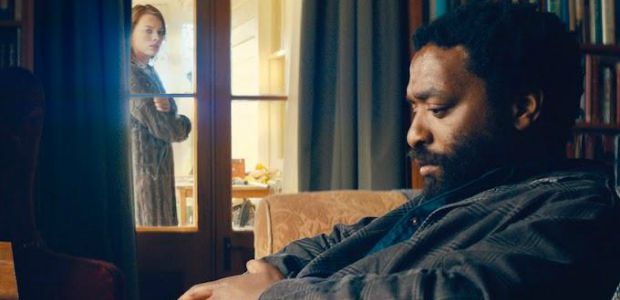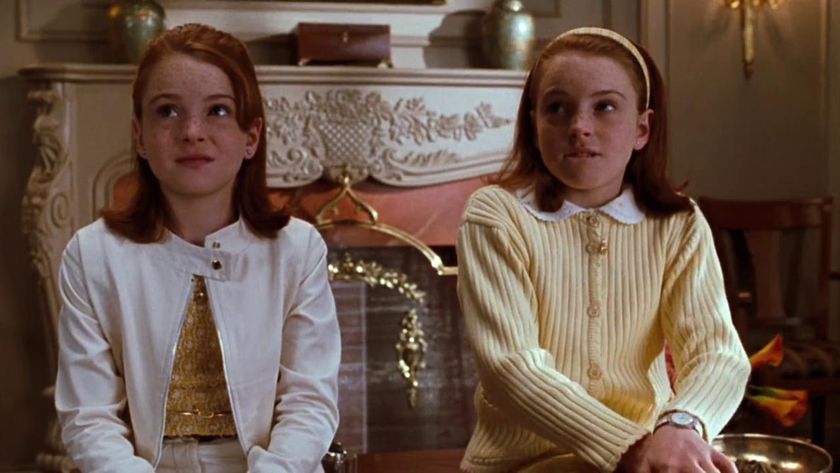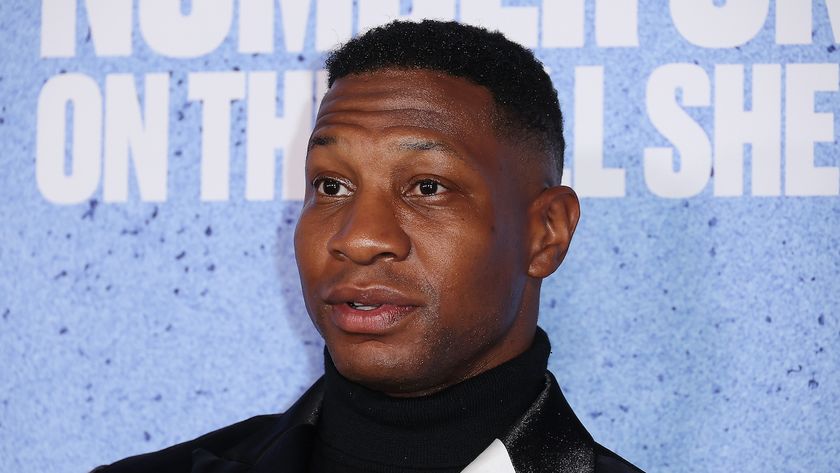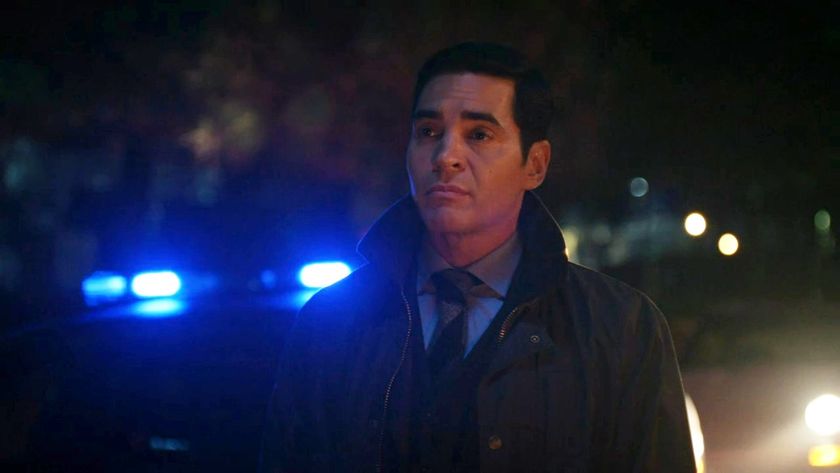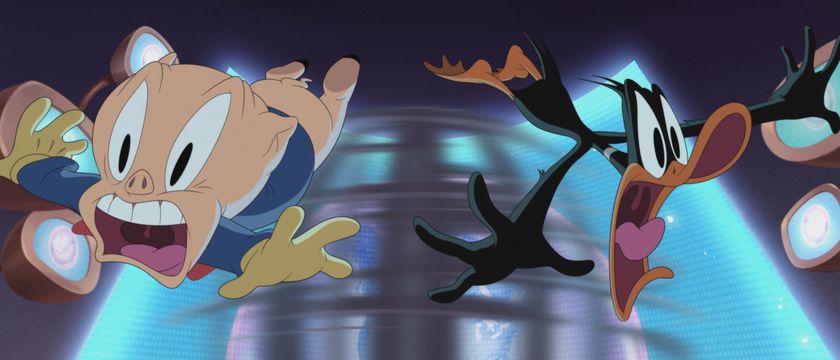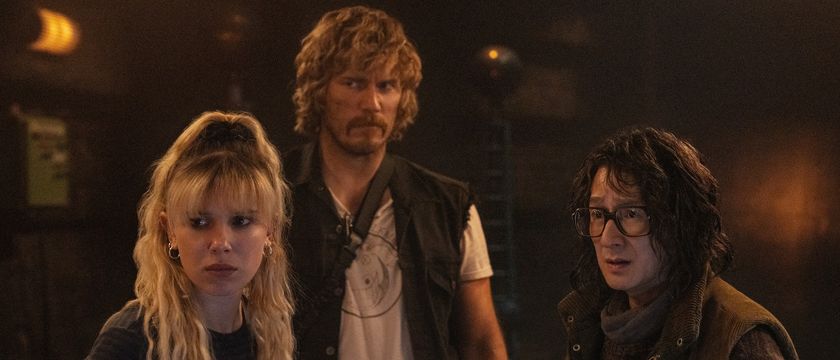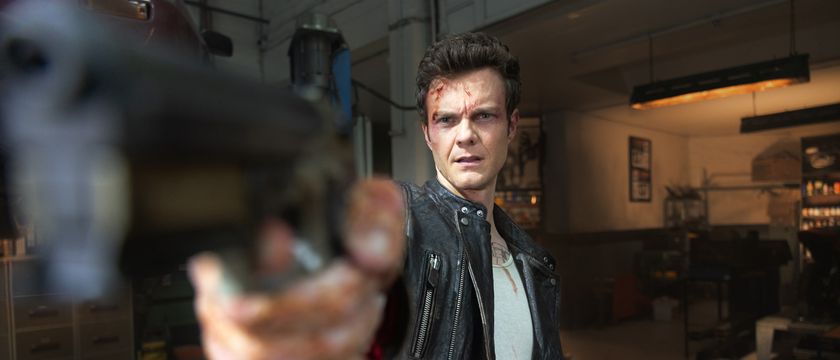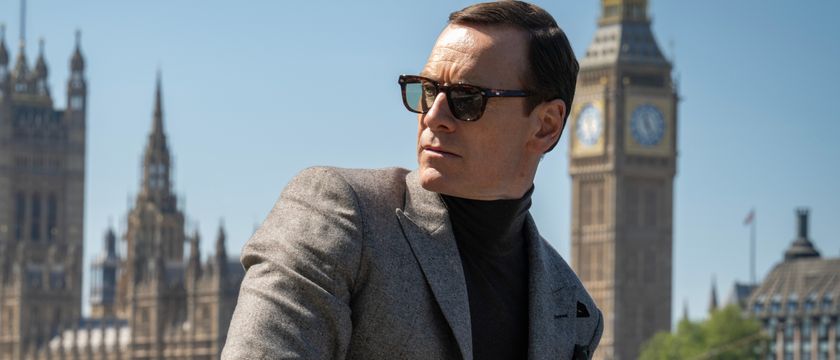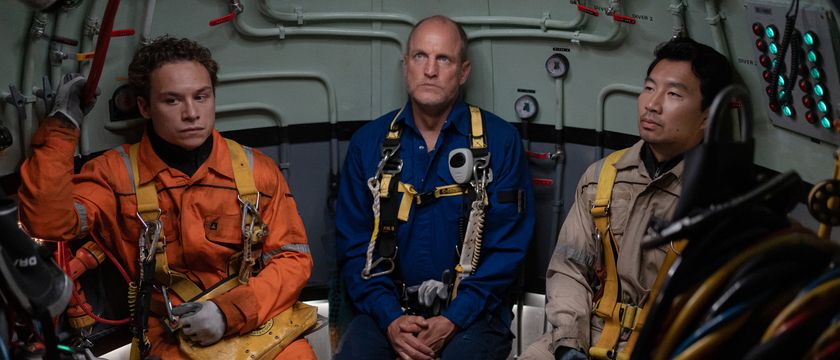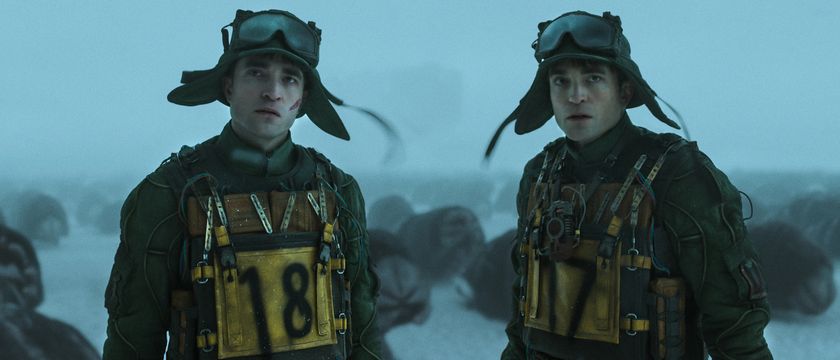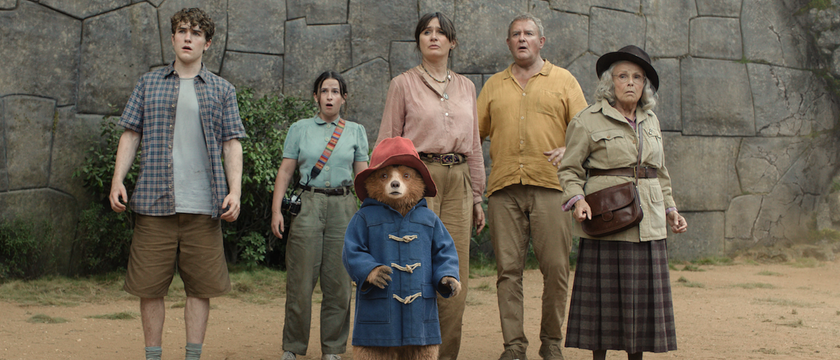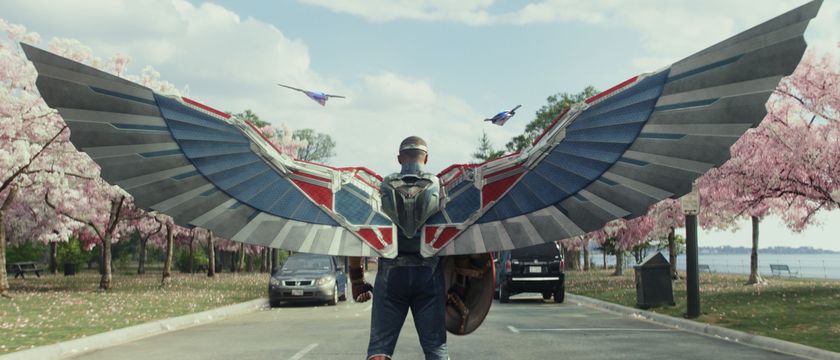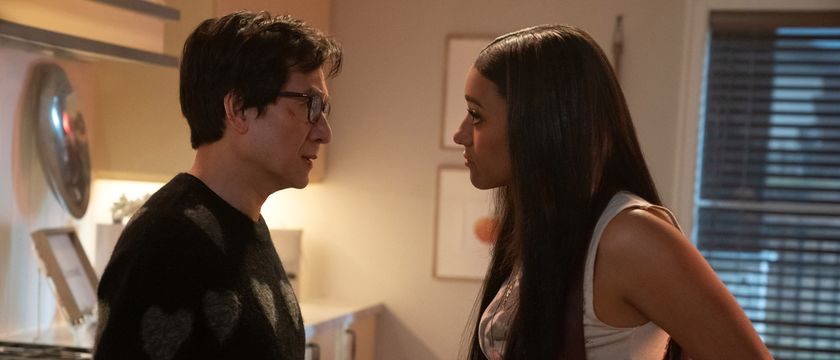Z For Zachariah isn’t your usual post-apocalyptic sci-fi film. Rather than the dread and terror coming from an impending zombie onslaught or a disaster, it’s the characters who allow the tension to rise. In order for the film to work though those thespians leading the way, each have to provide a nuanced but still obvious performance that ratchets up the pressure. Which is no simple task.
Luckily for Z For Zachariah, Margot Robbie, Chiwetel Ejiofor, and Chris Pine each do just that, heightening a script that could have easily been overwrought with melodrama or underperformed into tedium without its pitch-perfect performances. The film is underscored sumptuously by Craig Zobel’s patient yet still thoroughly engrossing direction, which really allows the painfully human traits, flaws, and desires of each character to come to the forefront.
Set several months after a disaster that has killed most of civilization, Margot Robbie’s Ann Burden has survived on her mountainous, secluded farm because it was just out of reach of the nuclear cloud that has all but ended humanity. She ventures down into her nearby town to retrieve supplies, and has her trusty dog for company.
However, one fateful morning, Chiwetel Ejiofor’s John Loomis arrives, having also survived. But before Ann can introduce herself, he washes in a contaminated batch of water, and she has to immediately take Loomis to her home, where she spends months helping him recuperate.
Once he is back up to full fitness, the pair starts planning for the future, and even though they have theological differences, they begin to grow closer. That is, until the arrival of Chris Pine’s Caleb, who insists that they begin working on a water-powered generator. In addition, his own burgeoning feelings for Ann soon cause strife.
Z For Zachariah excels for a number of reasons. Not only is its luscious setting – the film was shot on location in Canterbury, New Zealand – thoroughly enchanting and warm, to the point that you’ll soon realize it’s the ideal location to be stranded during the end of the world; but there is also something hopeful, blue-collar, and delightfully old-school about each of their characters and their approach to building a new civilization.
But while these more-positive attributes constantly beam on-screen, it’s the fantastically real and festering on-screen dynamic between the trifecta of actors that allows Z For Zachariah to creep under the viewer’s skin. Huge praise for this deserves to go to Nissar Modi’s script, which, even though it wildly veers away from the renowned source material (Z For Zachariah was released in 1974, and was wildly acclaimed), still makes sure that its main themes and motifs are ever-present.
Craig Zobel, who came to mainstream attention with the chilling Compliance, once again displays an unerring eye for rinsing out truly human moments that immediately bring a character to life. He also shows restraint by allowing Z For Zachariah to build at its own pace, always remaining objective, which allows the film to intriguingly brood in its murkiness. But as I noted before, none of this would have been possible without the leading actors. Margot Robbie exudes an unglamorous complexion that hasn’t been possible with her more mainstream roles, while Chris Pine also arrives on cue and delivers a more mysterious and reticent performance than we’re used to seeing from him, that still brims with the confidence and magnetism we expect.
But it’s Chiwetel Ejiofor, who is just as sublime as always, who really allows Z For Zachariah to shine, as he jolts from relatable to primal to despondent via dozens of other emotions, all of which he displays effortlessly while at the same time as keeping his character wonderfully real. Without Pine, Robbie or Ejiofor, Z For Zachariah would flounder. With them, it grows into a beguiling, chilling and gripping success.
